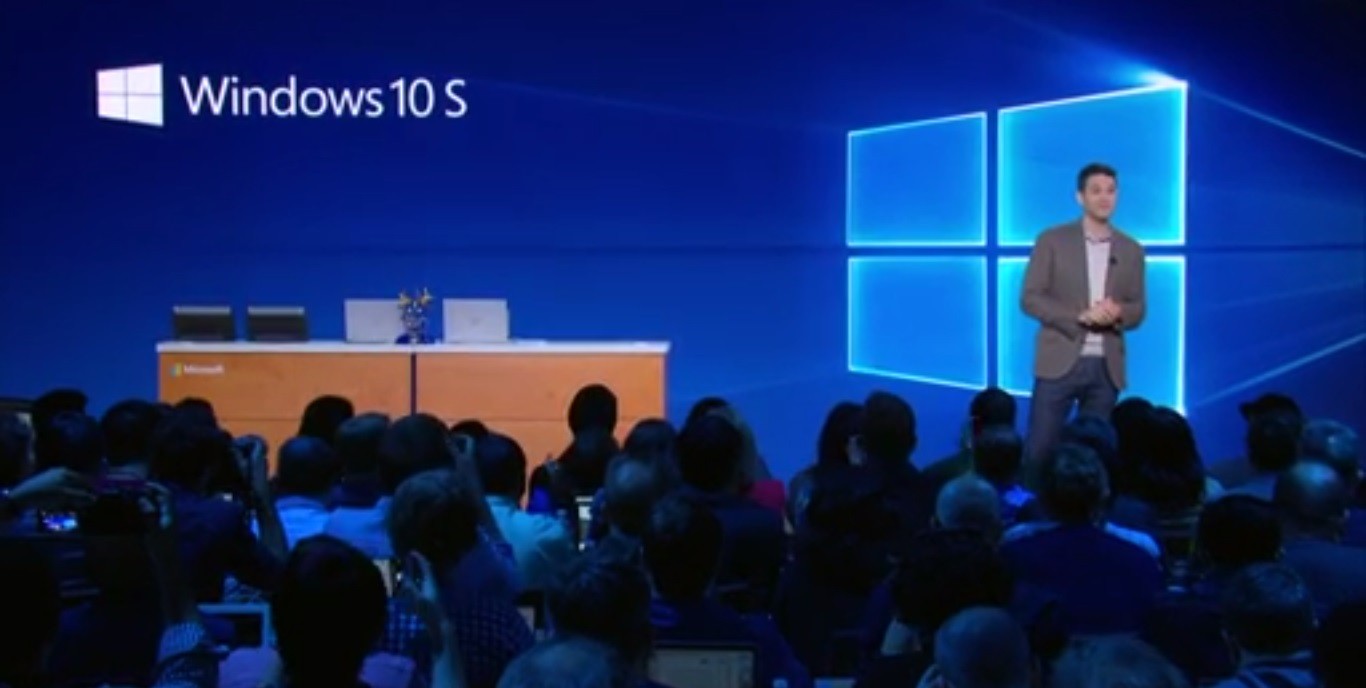Earlier this month, Microsoft took the wraps off its education-focused Chrome alternative Windows 10 S and one of the highlights of the said simplified offering was that it runs only apps installed from the Windows Store. This meant any UWP app (the Win32 apps converted into a Store-compatible version) would also be supported on the said operating system. But, it seems the Redmond giant doesn’t plan on offering all apps made available via the Windows Store — which should actually be the case here.
Ever since Microsoft unveiled Windows 10 S, followed by updates to the OS at its Build 2017 developer conference, we were under the impression that Linux distros — Ubuntu, Suse, and Fedora — coming to the Windows Store to simplify the installation process will make their way over to the simplified Windows OS as well. It seems implied when Redmond talks about apps being delivered via the Windows Store working on Windows 10 S. However, the simple answer here is NO.
Rich Turner, a Senior Product Manager at Microsoft takes to the MSDN blog post to clarify that not all but most apps delivered via the Store will be supported on Windows 10 S. He mentions that not all Windows Store are safe or compatible to be supported on its education-focused operating system. Continuing to talk about the same, he adds:
Just because an “app” comes from the Windows Store does NOT automatically mean that it’s safe & suitable for running in Windows 10 S. There are some apps that are not allowed to run on Windows 10 S, including all command-line apps, shells, and Consoles.
He further mentions what we’ve dreaded. Windows 10 has been primarily designed for ‘non-technical’ users, including teachers and grade-school children, non-technical students, content creators, artists, etc. This operating system, the blog post mentions, has been designed for people who ‘don’t typically want to spend time & effort futzing with their PC.’ Turner further clarifies:
Windows 10 S is not well-suited for many app developers/hackers, admins & IT pros!
These are individuals who require more advanced control over their computers and Windows Store apps won’t suffice their needs. Turner states that Windows 10 can be used to code but only on the web, on IoT devices, on a remote VM via ssh, etc. — not locally. And to make it clear, it is Redmond’s decision not to make Linux distros available on Windows 10 S and is not driven by the lack of support on the platform.
This development is, however, disappointing as coding and app development is an essential part of some students’ routine and the school curriculum. There is no incentive for such students to purchase a Windows 10 S computer during their schooling because of the same. However, they can make it all work by upgrading their installation to Windows 10 Pro, which is the full-fledged variant of the operating system and supports all apps — even Win32 ones.
The Tech Portal is published by Blue Box Media Private Limited. Our investors have no influence over our reporting. Read our full Ownership and Funding Disclosure →






